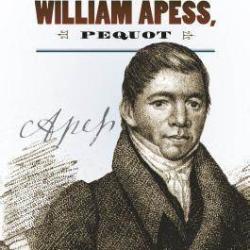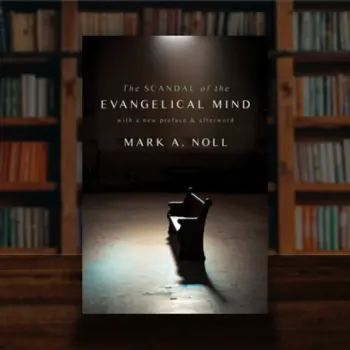Over at The Gospel Coalition, I recently reviewed The Twilight of the American Enlightenment: The 1950s and the Crisis of Liberal Belief, by my doctoral advisor George Marsden. One of the things that I admire the most about Marsden as a history writer, which I see again in Twilight, is his clarity. (Wilfred McClay agrees, calling Twilight “sprightly and compulsively readable” in his Books & Culture review.)
Even though he often writes on high-level intellectual history topics, Marsden’s work is universally lucid and accessible to wide audiences. This is a gift – and a cultivated skill – that is sorely lacking in much of academia. (Pop historians and their presses often achieve clarity, but lack Marsden’s scholarly weight.) As someone currently revising a book manuscript – my George Whitefield biography – for publication, I am also mindful that clear writing is just not natural for most of us. However, I suspect that there are two key reasons why, beyond sheer talent, clarity marks Marsden’s work.
The first is training with clear writers. At Yale, Marsden worked with Sydney Ahlstrom and Edmund Morgan, both of whom were excellent writers in addition to prominent scholarly historians. Morgan, in particular, was arguably the greatest prose stylist among academic historians in the past eighty years, as I discussed in my post on his death last year. Marsden called Morgan his “stylistic idol” in a 2009 reflection [subscription] on writing history. Morgan helped teach him the value, Marsden said, of writing for laypeople who are “smarter than you but know nothing about the subject.” This seems just right to me: clear writing does not patronize, but also does not assume specialized knowledge.
You may not be able to train personally with a master like Morgan, but we can all read masterworks by Morgan and others. Historians need to remember that as much as topics like the Thirty Years’ War or the Stamp Act might seem elementary to us, they’re not for typical readers. Why not stop and help folks out with quick definitions of terms, so they can track with you? (Theologians and other kinds of specialized writers need to pay attention to the same types of issues.)
Not assuming too much knowledge is one key to clarity, another is the nitty-gritty work required to craft lucid prose. Strunk and White’s The Elements of Style remains the classic text here. Avoid superfluous words. Minimize passive voice verbs. Edit to reduce convoluted sentences and overly-long paragraphs.
The second reason behind Marsden’s clarity, I suspect, is his lifelong connection to the church. Marsden wrote a remarkable piece on his upbringing in the Orthodox Presbyterian Church in 2006. His father was an OP pastor, and Marsden’s immersion in a church milieu that respected the life of the mind also kept him connected (and keeps all churchgoing academics) connected to regular folks. They might be interested in what we do, but are not familiar with academic lingo. Marsden’s writing is never “preachy,” but it is always persuasive, and tells good stories in a manner not unlike a good sermon.
If you haven’t read Marsden’s work, I would recommend (aside from Twilight) starting with Fundamentalism and American Culture, or his Jonathan Edwards biography (there’s a “short version” of it from Eerdmans if you don’t have time for the full magisterial Yale volume). But really, you can’t go wrong with any of them.
John Fea also compiled a list of many of the reviews of The Twilight of the American Enlightenment.
Friends, I have recently started a Thomas S. Kidd newsletter. Each newsletter will update you on what’s happening in the world of American religious and political history. It will contain unique material available only to subscribers, and each will help you keep up with my blog posts, books, and other writings from around the web. [Your e-mail information will never be shared.] If you’re interested, you can sign up here.












